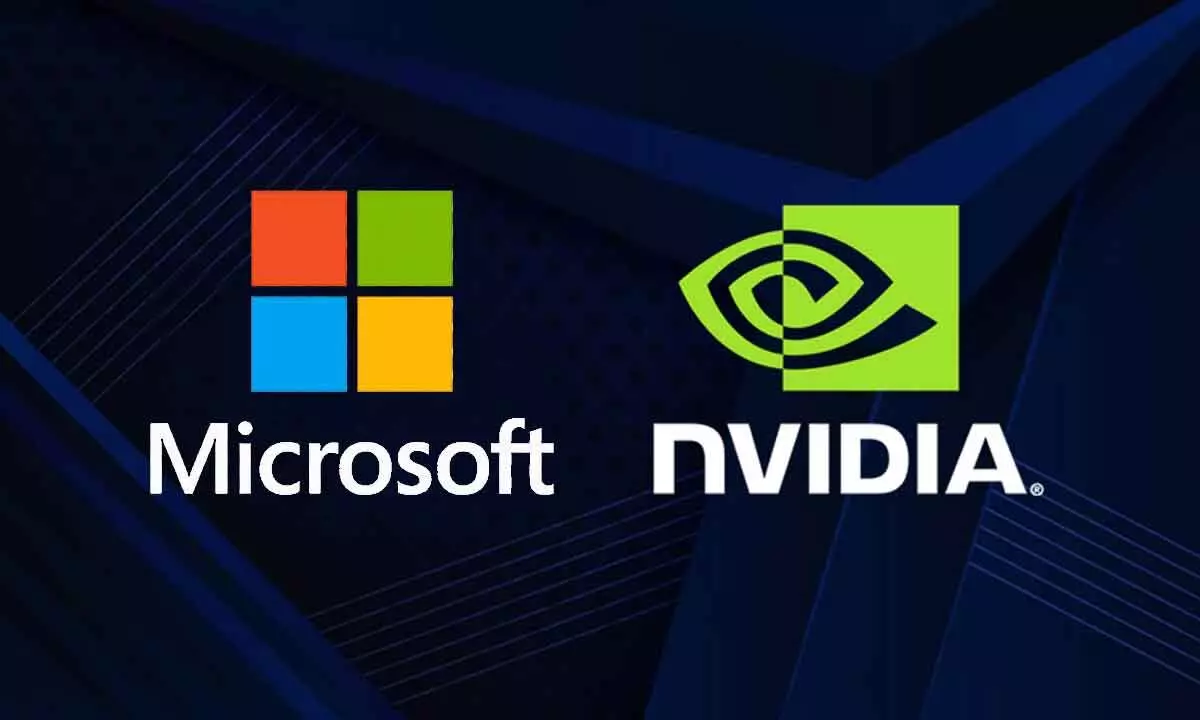Microsoft will unveil first AI chip next month
This would lessen its reliance on Nvidia-designed AI chips, which have been in short supply as demand for them has boomed
image for illustrative purpose

Microsoft’s AI chip, similar to Nvidia GPUs, is designed for data centre servers
Significance of AI Chips
♦ Microsoft’s data centre servers currently use Nvidia GPUs to power cutting-edge LLMs
♦ Gen AI capabilities being developed on a Microsoft computer employs thousands of Nvidia GPUs
♦ Microsoft even considered acquiring another company for making AI chips
San Francisco: Tech giant Microsoft is likely to unveil its first chip designed for artificial intelligence (AI) at its annual developers’ conference ‘Ignite’ next month.
According to a report in The Information, citing sources, the move “could help Microsoft lessen its reliance on Nvidia-designed AI chips, which have been in short supply as demand for them has boomed”.
According to the report, Microsoft’s AI chip, similar to Nvidia GPUs, is designed for data centre servers.
Microsoft’s data centre servers currently use Nvidia GPUs to power cutting-edge LLMs for cloud customers, including OpenAI and Intuit, as well as for AI features in Microsoft’s productivity apps.
The Information first reported on the AI chip, which is codenamed Athena, in April this year.
Microsoft’s flagship ‘Ignite’ conference is scheduled to take place from November 14-17.
Earlier reports mentioned that Microsoft-backed OpenAI, the maker of AI chatbot ChatGPT, is looking to develop its own AI chips and has even considered acquiring another company for this purpose.
OpenAI CEO Sam Altman, who has made acquiring more AI processors a primary priority for the company, is one of the main driving forces behind developing its own chips.
He has reportedly raised concerns about the restricted availability and expensive costs of the hardware required to power OpenAI's software.
OpenAI has been developing its generative AI capabilities on a Microsoft-built supercomputer that employs thousands of Nvidia GPUs.

